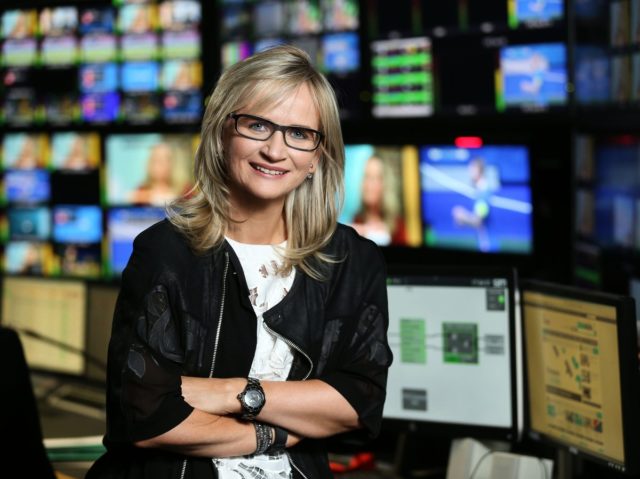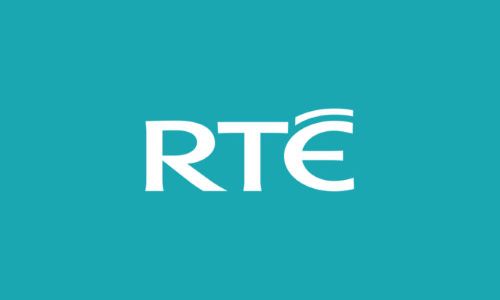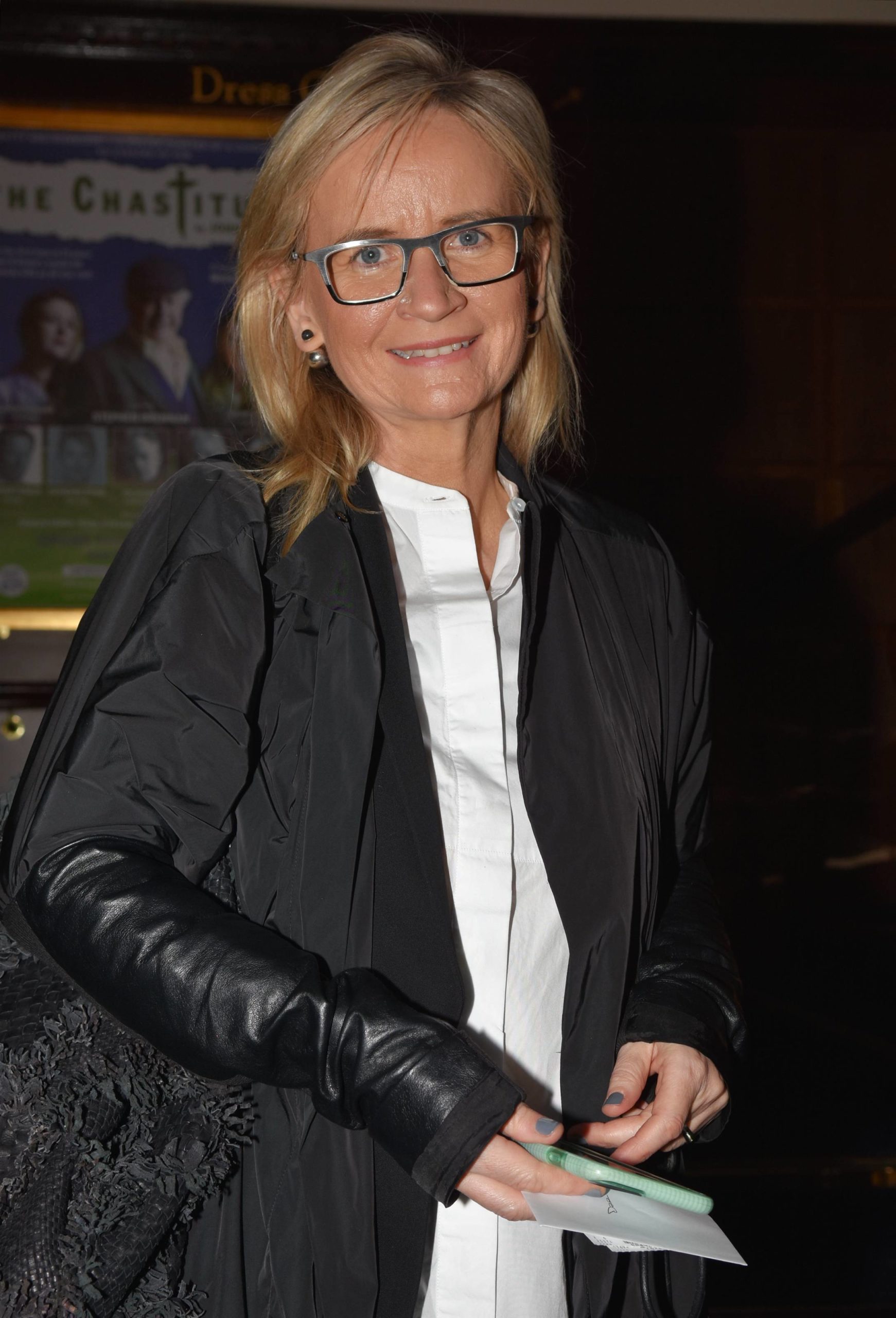RTÉ have released another statement amid Ryan Tubridy’s pay scandal.
Earlier this week, it was revealed that the former Late Late Show host’s earnings were publicly understated by €345,000 over the last six years.
On Thursday, the RTÉ Board issued an apology and later, Ryan also apologised for not questioning RTÉ over his published earnings.
The scandal resulted in the suspension of RTÉ’s Director General Dee Forbes.

Amid the controversy, The Sunday Independent published an article title ‘RTÉ scandal: Whistleblower claims broadcaster gave ‘kickbacks’ of €50m to ad agencies’.
An industry whistleblower told the publication that an account used by RTÉ to make undisclosed payments to Ryan “has also channelled secret credit note payments in excess of €50m to media advertising agencies over the past 10 years”.
In response to the article, RTÉ said in a statement: “In its annual published accounts, RTÉ reports its total commercial revenues net of any commission and volume discounts.”
“RTÉ clarified to the Sunday Independent yesterday that its auditors have reviewed commercial income as part of their annual audit and that no issues have been raised in relation to controls over volume discounts.”

The statement continued: “RTÉ is satisfied that the manner in which it grants discounts is compliant with competition law. RTÉ would also like to make the following points:
- RTÉ, like many public media organisations across Europe, is dual funded, meaning it relies on income from the licence fee and commercial activity to sustain its public services. Licence fee income represents c. 55% of RTÉ’s total income, with the balance coming from commercial activities. RTÉ’s dual funded model was recently reaffirmed by the Future of Media Commission.
- Because RTÉ is dual funded, RTÉ’s commercial activities are restricted by statute and Ministerial decision. RTÉ is permitted approximately half the commercial airtime (on both radio and TV) of independent/commercial broadcasters.
- The Broadcasting Act, which is the statutory basis that underpins all of RTÉ’s activities, obliges RTÉ to maximise the commercial opportunities that arise in pursuit of its public service activities. RTÉ is assessed each year by the media regulator (until recently the BAI, now Comisiún Na Meán) to ensure it is maximising its commercial revenues.
- Over 90% of RTÉ’s annual advertising/sponsorship revenues are through negotiated commercial contracts with a number of media buying agencies each year.
- Those media agencies buy airtime/advertising space from media organisations, including RTÉ, on behalf of their clients and are paid a commission. RTÉ offers all media buying agencies an industry standard 15% commission.
- In addition, through contractual negotiation RTÉ (and other media organisations) agree a volume discount. The volume discount is determined by the volume of spend a given media agency makes with a media organisation each year. Like in many industries, if volumes or orders are larger then greater discounts typically apply.
- Given this is a competitive marketplace, volume discounts between media buying agencies and media organisations are commercially sensitive and not disclosed.”

It comes after Minister Catherine Martin ordered a full review of RTÉ’s governance and culture.
She said: “While as minister I cannot get involved in the day-to-day operation of RTÉ, I do need assurance that the governance and culture is fit for purpose.”
“Public trust in RTÉ must be rebuilt. Therefore, a Government decision on the future funding model for public service broadcasting has been paused until such time as this review is complete and the findings considered.
“My officials will develop Terms of Reference in this regard over the coming week, and I will expect the full co-operation of the RTÉ Board and senior executives in engaging with this review and in engaging with Oireachtas committees in the coming period.”

The minister explained she doesn’t know why RTÉ’s Director General Dee Forbes has been suspended from her position.
“This is nearly like an existential crisis for RTÉ and I believe in the value of public service broadcasting” Ms Martin said, adding: “I think we need to have that root and branch review, we need to look at the governance structure, we need to look at the oversight of financial transactions, we need to look at the culture there, at the staff there, the relationship with staff.”
Ms Martin said “we need to examine thoroughly the commercial side of things, how is that managed in terms of presenters’ earnings and relations with staff”.
After the review was announced, Chair of the RTÉ Board Siún Ní Raghallaigh said in a statement: “Our priority is to ensure that public trust in corporate governance at RTÉ is restored. We take this responsibility very seriously.”

“We will work closely with the forthcoming external review to ensure that these issues are rigorously examined, so that full confidence in Ireland’s independent, public service broadcaster can be rebuilt.”
“Separately, we have already put a number of immediate steps in place to ensure that there is no recurrence of these matters, and we will also work to complete the second Grant Thornton report as quickly as possible.”
Ms Ní Raghallaigh continued: “On behalf of the Board of RTÉ, I want to apologise again to the public for this breach of trust, and also to the staff of RTÉ who work so hard on a daily basis to serve the public.”

